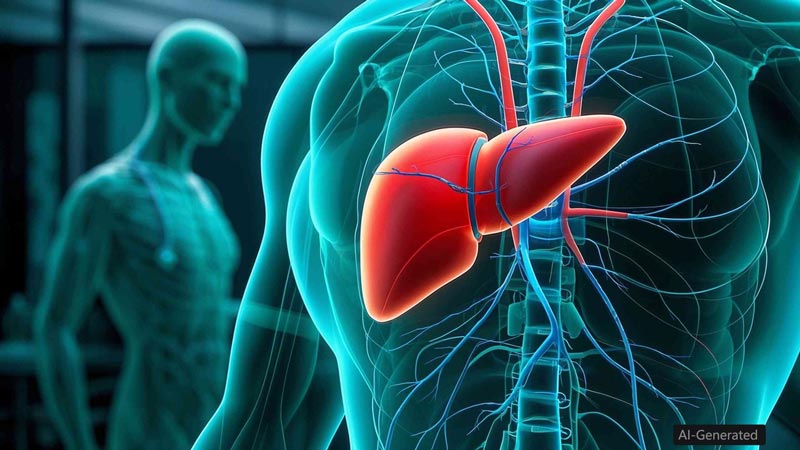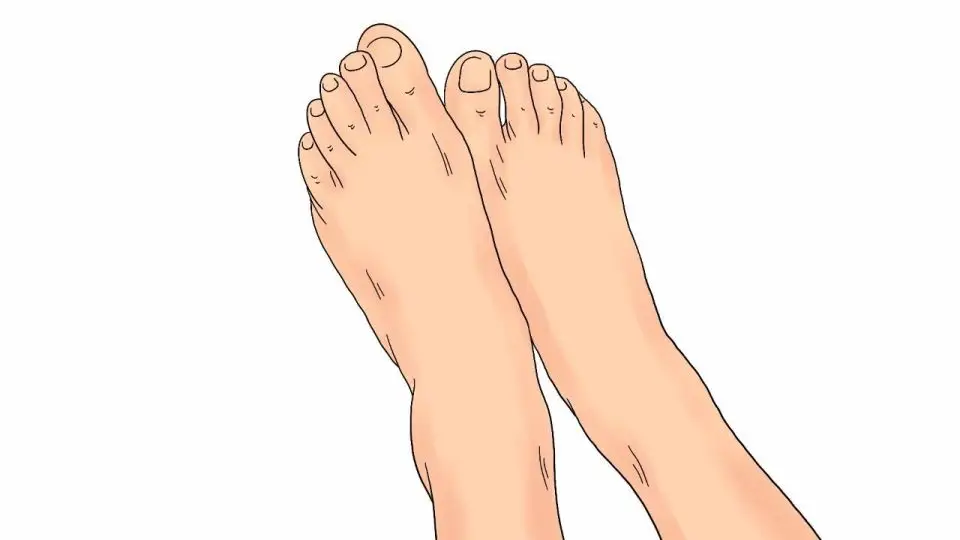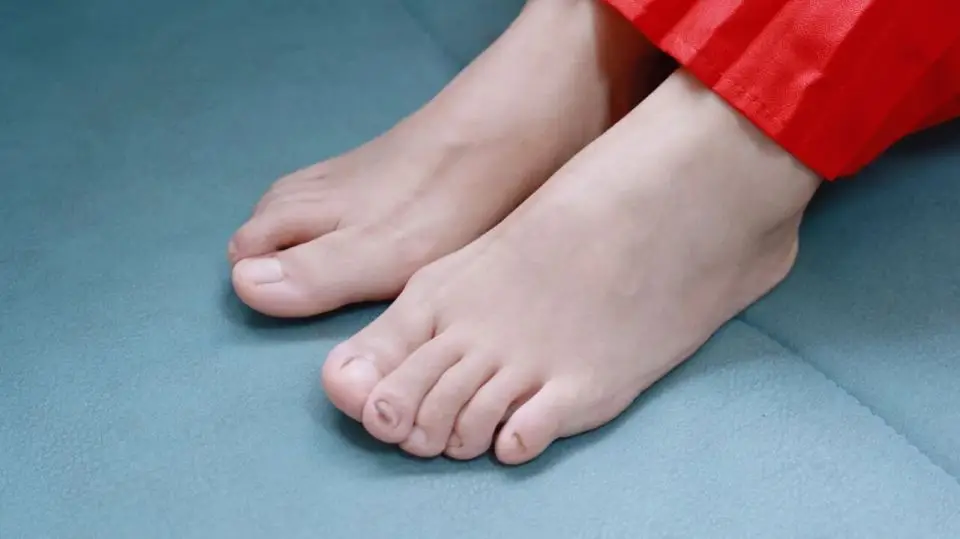The liver is a vital organ and plays a crucial role in human health. However, because the liver lacks pain-sensing nerves, people often assume it's resilient and ignore early health feedback from the liver. This often leads to liver disease developing in the middle or late stages, leaving people with regrets.
Before liver problems begin, the body actually reacts. Even your feet can reveal clues. As the saying goes, "Your feet tell you whether your liver is healthy."
As the lower extremities of the human body, the feet are rich in acupuncture points and nerves. Observing a series of changes in the feet can provide a good indicator of liver health.
Doctors advise that if you notice any of these five abnormalities in your footsteps, be wary of potential liver problems. If none of them apply to you, congratulations: your liver is probably in good condition.

1. Swelling and Stagnation of the Feet
Abnormal liver function may lead to decreased protein synthesis in the body, causing hypoproteinemia and, in turn, swelling of the feet. The liver is responsible for synthesizing albumin, a substance that maintains blood osmotic pressure.
If liver function is impaired, reduced albumin production can lead to water accumulation in the interstitial spaces, causing swelling.
Swelling of the feet often worsens in the early morning. If you notice persistent swelling in your feet accompanied by ascites or abnormal weight gain, you should be aware of liver problems.
2. Yellowing of the Feet
Yellowish skin on the feet may be a sign of jaundice, which is closely related to abnormal liver function. The liver is responsible for metabolizing bilirubin. If liver function is impaired, bilirubin cannot be metabolized properly, causing it to accumulate in the blood, causing jaundice.
Jaundice often first appears in the eyes and skin, especially in the feet and palms. If you notice yellowish skin on your feet accompanied by darker urine or lighter stool, seek medical attention immediately.

3. Itchy feet
Abnormal liver function can lead to toxin accumulation in the body, causing itching. As an extremity of the body, the feet are more susceptible to toxins.
The liver is responsible for eliminating metabolic waste from the body. If liver function is impaired, waste products such as bile acids can accumulate in the blood, irritating the skin nerves and causing itching.
If you notice unusually dry and itchy feet that are difficult to relieve with conventional treatments, seek medical attention immediately.
4. Numbness and tingling in the feet
Abnormal liver function can lead to neurological problems, causing numbness or tingling in the feet. Chronic liver disease, such as cirrhosis, can cause portal hypertension, leading to peripheral neuropathy. Furthermore, abnormal liver function can lead to B vitamin deficiency, impairing nerve conduction, exacerbating foot sensation problems, and even interfering with normal activities.

5. Abnormal toenails
Abnormal liver function can affect the health of toenails, causing them to become thinner, brittle, or develop vertical streaks. Abnormal toenails' color and texture are typical early signs of liver problems and should be taken seriously.
Liver disease can lead to malnutrition or anemia, which can affect the growth and health of toenails. If you notice any unusual changes in your toenails, such as darkening, uneven surfaces, or a brittle texture, seek medical attention immediately.
Ultimately, signs of liver dysfunction are often reflected in other parts of the body. Regular self-examinations and a healthy lifestyle are equally important for maintaining liver health.
A balanced diet, adequate exercise, and adequate hydration can often effectively protect liver health and prevent the onset and progression of liver disease.

%20--%3e%3c!DOCTYPE%20svg%20PUBLIC%20'-//W3C//DTD%20SVG%201.1//EN'%20'http://www.w3.org/Graphics/SVG/1.1/DTD/svg11.dtd'%3e%3csvg%20version='1.1'%20id='图层_1'%20xmlns='http://www.w3.org/2000/svg'%20xmlns:xlink='http://www.w3.org/1999/xlink'%20x='0px'%20y='0px'%20width='256px'%20height='256px'%20viewBox='0%200%20256%20256'%20enable-background='new%200%200%20256%20256'%20xml:space='preserve'%3e%3cpath%20fill='%23FFFFFF'%20d='M194.597,24.009h35.292l-77.094,88.082l90.697,119.881h-71.021l-55.607-72.668L53.229,232.01H17.92%20l82.469-94.227L13.349,24.009h72.813l50.286,66.45l58.148-66.469V24.009z%20M182.217,210.889h19.566L75.538,44.014H54.583%20L182.217,210.889z'/%3e%3c/svg%3e)




